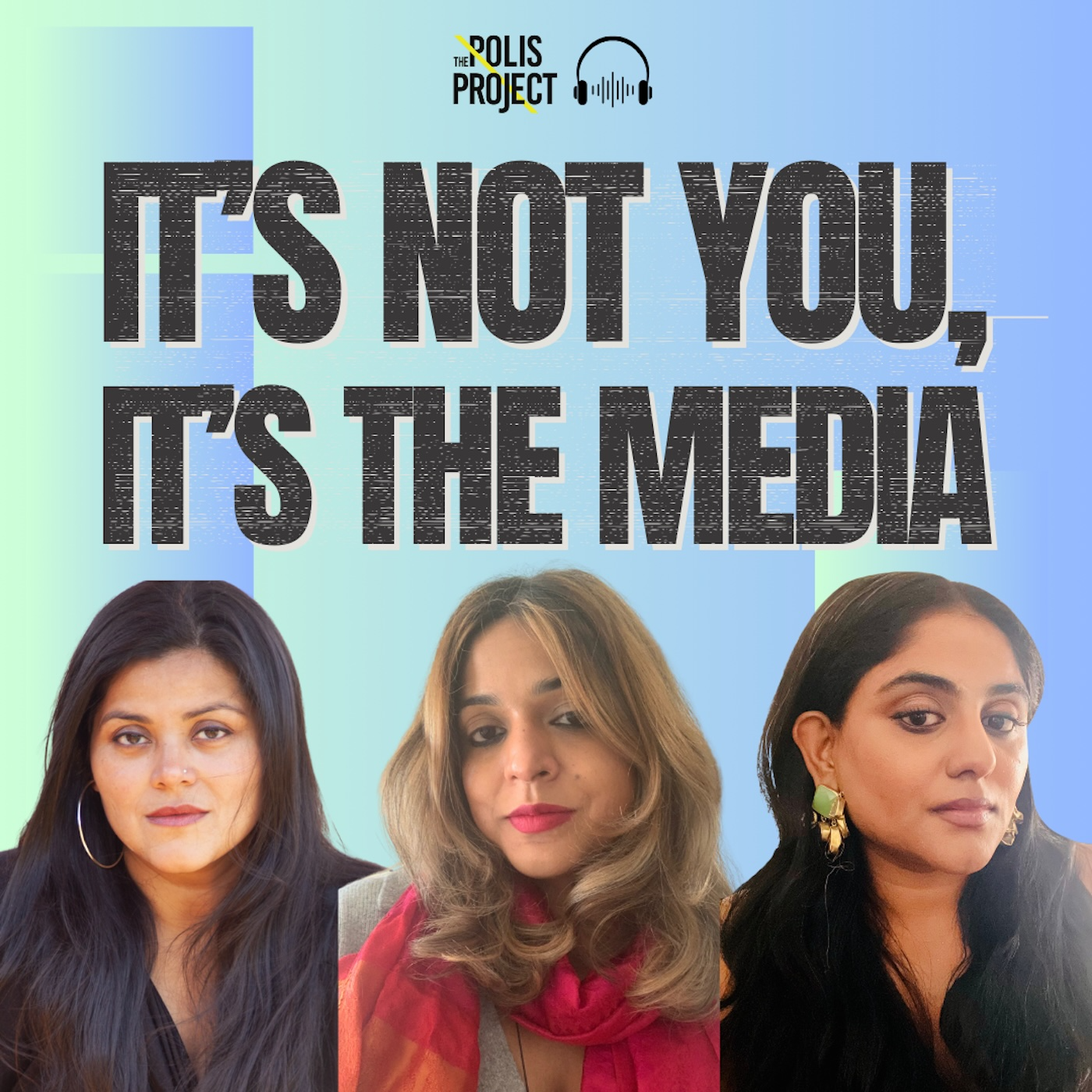How Will The Media Do Trump 2.0?
Suchitra, Bhakti, and Madhuri look into the crystal ball to offer up some forecasts about how the media will respond to a second Trump presidency. Reflecting on his first term, the hosts remember liberal media’s relentless obsession with his persona, his life, his tweets and his gaffes, all of which overshadowed policy critique and normalized him and his politics through repetition and over-exposure. They predict that the same media preoccupation with his personality, his wife and his kids will return but this time with an added element of Trump’s current “bromance” with tech billionaires like Elon Musk and Jeff Bezos who are set to take center stage in the White House. The hosts warn listeners about the return of performative resistance led by white feminists eager to reclaim their narratives while ignoring the ongoing activism of marginalized communities. They lament the decline of meaningful satire and late-night TV as platforms for political commentary, replaced by an influencer culture that dominates the discourse.
The hosts also argue there will be less surprises this time around since right-wing, conservative and normative aesthetics and lifestyles have already become embedded in our lives. Platforms like TikTok and Instagram are mediums for such aesthetics, where stealth wealth, trad-wife, gilded age and synchronized dance video trends promote uncritical whiteness, conservatism, and a culture of obedience. The hosts discuss what they call “the Kardashian metric” where the Kardashian women’s shifting body ideals mirror broader cultural trends, reinforcing systemic hierarchies, and race and gender norms.. They further reflect on the exhaustion of expressing resistance in a media landscape that reduces revolutionary language to hashtags. Ultimately, the media and culture are complicit in perpetuating systems of oppression while peddling illusions of progress.
Key Takeaways
- The liberal media’s strategy of amplifying Trump’s personality as entertainment actively contributes to public desensitization, blurring the lines between critique and normalization.
- White feminists will likely dominate the “resistance” narrative, using their platforms for visibility while disregarding the labor and leadership of marginalized communities.
- Trad-wife TikToks, stealth wealth trends, and old-money aesthetics mask deeply conservative values under the guise of lifestyle choices, erasing their political implications.
- Late-night TV’s diminished influence highlights a shift in cultural relevance, with the vacuum being filled by influencers who prioritize relatability over accountability.
- With fact-checking gutted and influencer platforms rising, the media is poised to provide fertile ground for the normalization of right-wing ideologies.
- Articulating resistance in a media landscape that dilutes revolutionary language into hashtags and trends is exhausting. Repetition, though fatiguing, remains necessary for building movements.
- By failing to engage critically with systemic issues, the media allows right-wing ideologies to infiltrate cultural and political discourse, further marginalizing vulnerable communities.
Keywords: Trump, liberal media, white feminism, TikTok, stealth wealth, Kardashians, cultural conservatism, late-night TV, satire, media ethics, normalization, performative resistance, systemic oppression, influencers, resistance, commodification, aesthetics.
A podcast by The Polis Project https://www.thepolisproject.com

